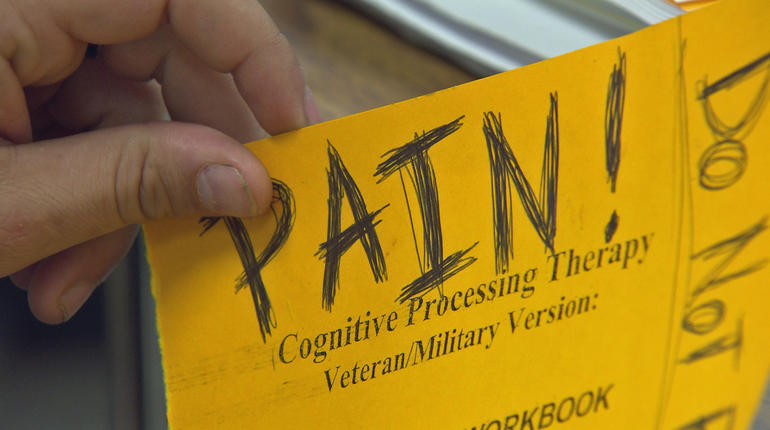A study published Tuesday suggests that the treatments for post-traumatic stress disorder (PTSD) promoted by the Department of Veterans Affairs are less effective than medical experts originally thought.
Researchers from the Steven and Alexandra Cohen Veterans Center for Post-Traumatic Stress scoured 35 years worth of medical cases involving military veterans suffering from PTSD. They found that while cognitive processing therapy (CPT) and prolonged exposure therapy (PE) improved symptoms, two thirds of military veterans still had the disorder after treatment.
“Our findings showed that PE and CPT are not as broadly effective as we might have once thought or hoped,” says Maria M. Steenkamp, lead author of the study. “As many as two-thirds of veterans receiving CPT or PE keep their PTSD diagnosis after treatment, even if their symptoms improve. So there is room for improvement.”
In CPT, the patient must work to change their dysfunctional or unhealthy thoughts. Meanwhile, PE involves the patient facing their fears head on. The Department of Veterans Affairs has emphasized CPT and PE as effective PTSD treatments for years, and it believes the study’s results are positive.
“As scientists we will always try to enhance the effectiveness of these treatments for more people,” said Paula Schnurr, the executive director of the National Center for PTSD under the VA. “My takeaway message is one of optimism and also encouragement for people to seek treatment.”
According to recent data, PTSD diagnoses among active duty troops ballooned by 400 percent between 2004 and 2012. While there is still no cure for the condition, the amount of research devoted to it remains encouraging.




































